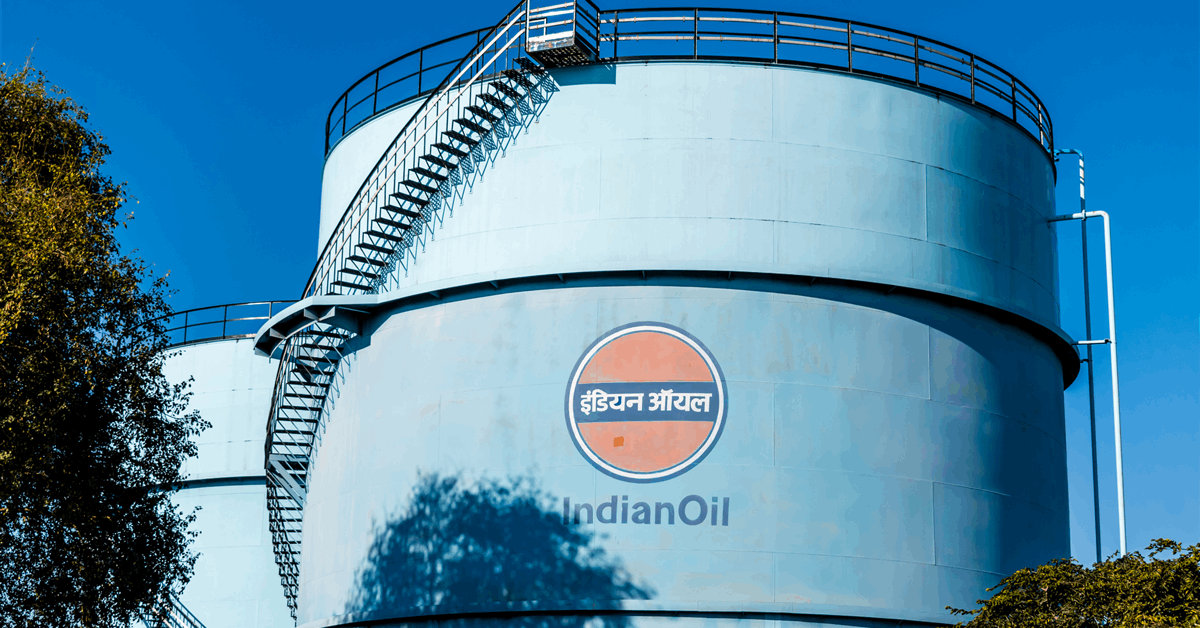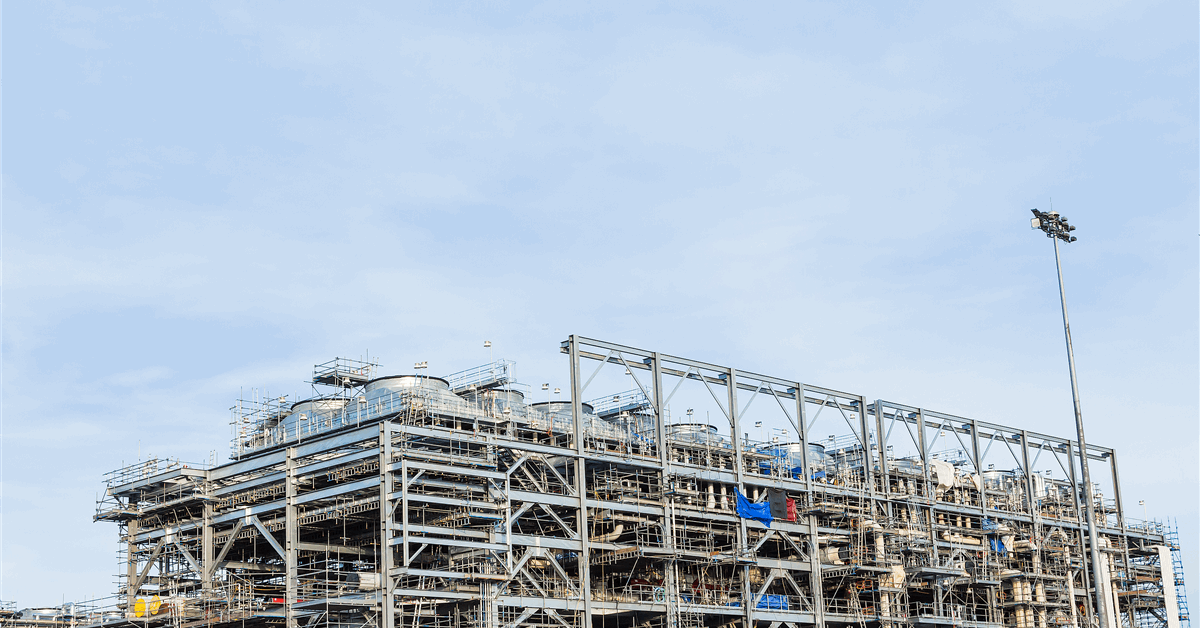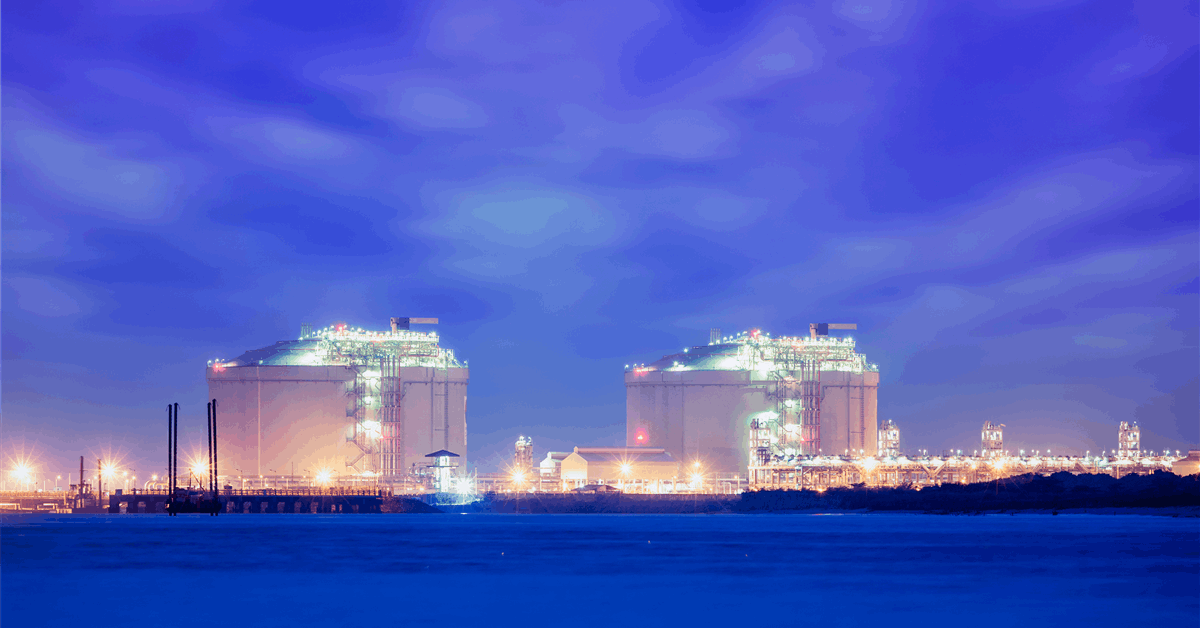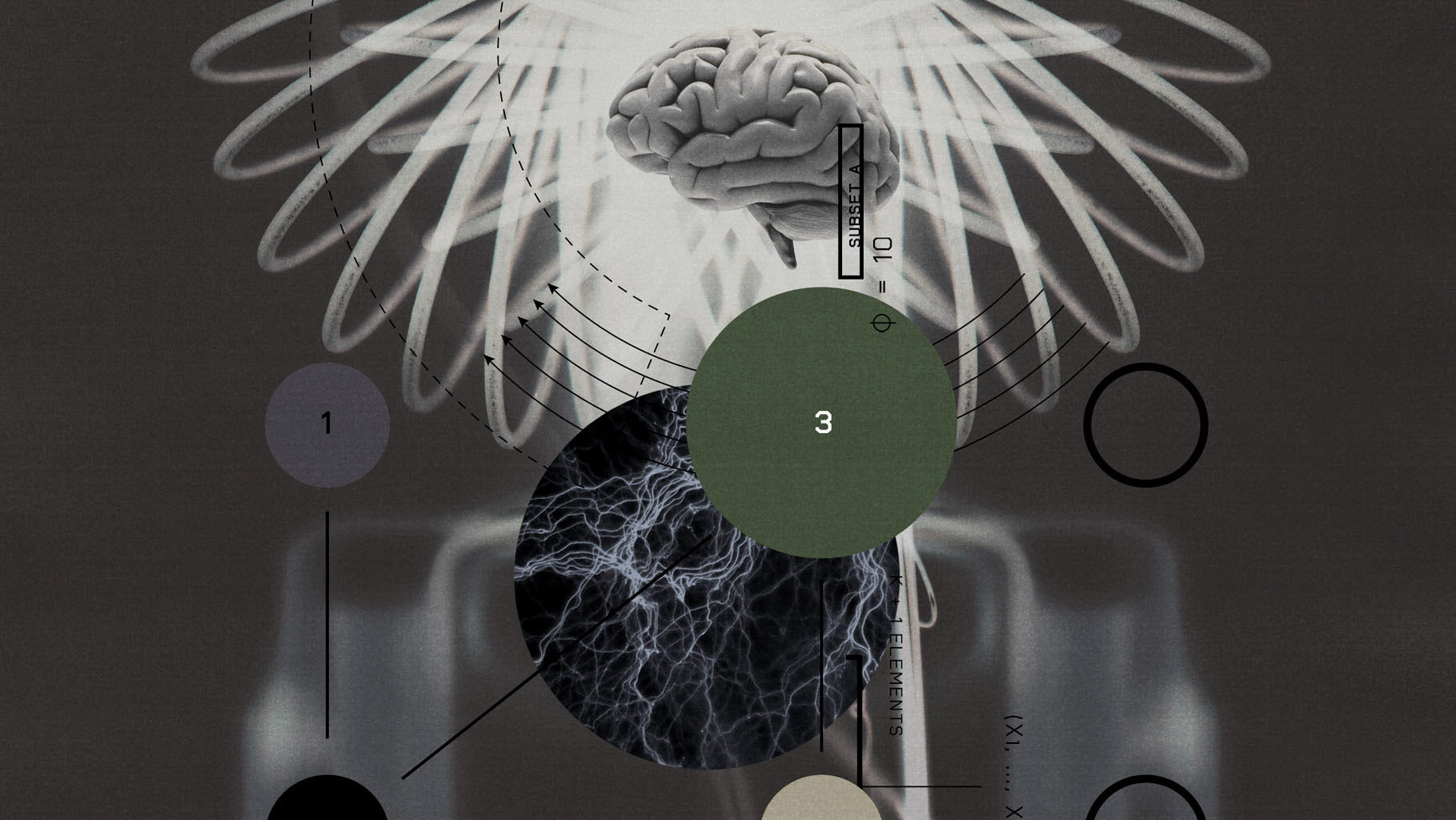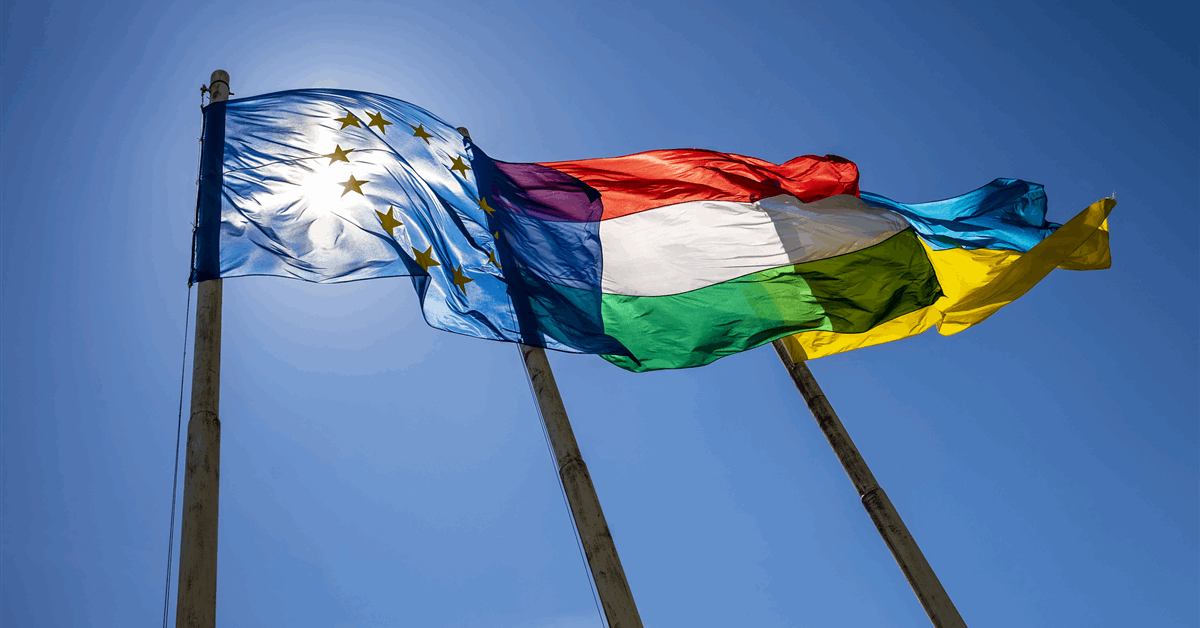
Donald Trump and Viktor Orban held a phone conversation a day after the US president said he would press the Hungarian premier to stop purchasing Russian oil.
The two leaders discussed energy security, in addition to Russia’s war on Ukraine, the global economy and tariffs, Hungarian Foreign Minister Peter Szijjarto said on the sidelines of the United Nations General Assembly in New York late Wednesday.
Their call came as pressure mounts on Hungary to at least reduce purchases as Western allies seek to dent Russia’s oil revenues, a major source of financing for its continuing invasion of Hungary’s eastern neighbor. On Tuesday, at a briefing with Ukrainian President Volodymyr Zelenskiy at the UN, Trump floated calling Orban to ask him to cut Hungary’s Russian oil procurements.
Szijjarto publicly gave no indication that Hungary was ready to do that.
Hungary, a European Union and NATO member, can’t scrap its Russian oil purchases due to “geographic and physical” reasons and Russia has been a “reliable partner,” Szijjarto told reporters after meeting his Russian counterpart Sergei Lavrov, with whom he’s maintained close contact even after Russia’s 2022 invasion.
Slovakia, another landlocked EU nation neighboring Hungary, holds a similar position. Slovak Prime Minister Robert Fico said on Thursday he would send a government emissary to the US, to explain why it’s also not ready to phase out Russian energy.
Facing pressure from Trump, the European Commission, the EU’s executive arm, is reviewing trade measures targeting imports of Russian oil via the Druzhba pipeline that feeds Hungary and Slovakia, Bloomberg reported on Sept. 20.
EU foreign policy chief Kaja Kallas also told Bloomberg on Wednesday that the bloc should wean itself off Russian energy more quickly. Some member states which continued to buy from Moscow were “good friends of Trump,” she said, asking the US president to talk to them about the issue.
The pressure from the Trump administration is an unexpected development for Orban, an ideological ally of the US president. The nationalist premier had steadfastly supported Trump and had said that his return to power would bring an end to US criticism of what he considered Hungary’s internal affairs.
After his call with Trump, Orban moved to insert the issue of Russian energy into Hungary’s election campaign ahead of a parliamentary ballot in April. The government will ask voters in a so-called “national consultation” whether they want Hungary to continue purchasing cheaper Russian energy, Cabinet Minister Gergely Gulyas told reporters on Thursday.
Orban’s government has used such surveys, usually featuring leading questions, to show popular support for already set policies. Previous consultations have been held on opposition to Ukraine’s EU membership and anti-LGBTQ policies.
Hungary has financial incentives to buy cheaper oil from Moscow after having received, along with Slovakia, a temporary exemption from the EU under its sanctions on Russian pipeline crude. Orban’s government has raked in extra profit via windfall taxes to plug budget holes after years of persistently high fiscal shortfalls.
Budapest and Bratislava have defended their position on Russian energy by pointing the finger at western EU members, some of which import diesel from India and Turkey, where Russian oil is refined into the fuel.
Both Hungary and Slovakia say they purchase only a fraction of Russian oil exports and claim they can’t fully replace it with alternative sources, including via a pipeline in Croatia.
What do you think? We’d love to hear from you, join the conversation on the
Rigzone Energy Network.
The Rigzone Energy Network is a new social experience created for you and all energy professionals to Speak Up about our industry, share knowledge, connect with peers and industry insiders and engage in a professional community that will empower your career in energy.






